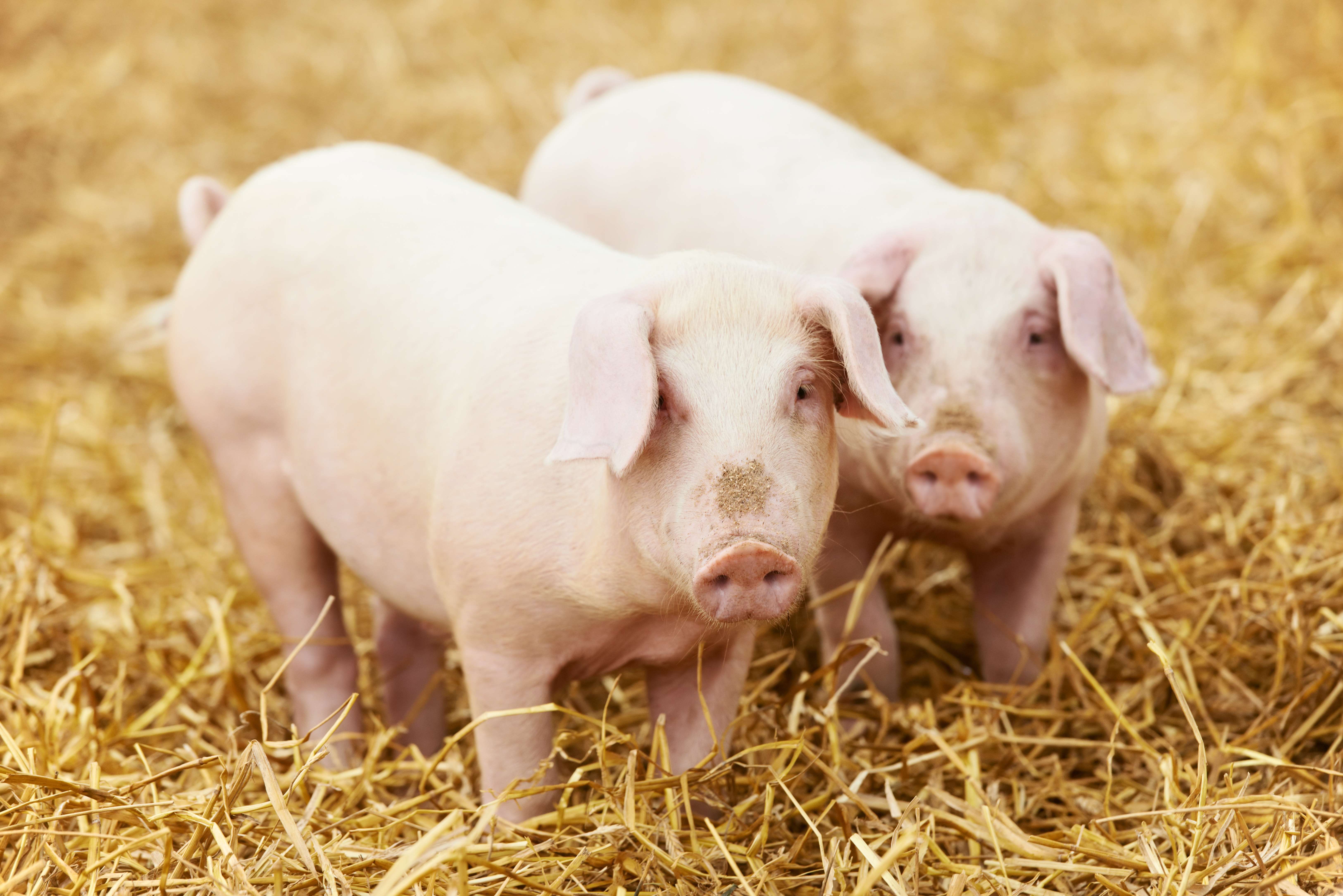Growing number of swine farms affected by virus
By Kaitlynn Anderson
Farms.com

kadmy/iStock/Getty Images Plus photo
Manitoba producers are scrambling to find a solution to a viral outbreak that has hit 51 pork operations in the province since May 2, up from 40 at the end of June.
The virus, Porcine Epidemic Diarrhea (PED), causes severe dehydration and diarrhea in pigs. Generally, the virus is fatal for very young animals but older animals can recover, according to the Government of Manitoba.
There is no food safety risk associated with PED, and it cannot be transmitted to humans or other types of animals.
The best line of defence against the virus and preventing it from spreading are on-farm biosecurity measures, Maria Kubacki of the CFIA said late Monday in an interview with News 1130.
The first Canadian case of PED was first confirmed in Ontario in January 2014, according to the Canadian Food Inspection Agency. In the years since, Manitoba, Quebec and Prince Edward Island have also reported cases.
For more information on PED within individual provinces, including reported cases, see the links below:
- Ontario
- Alberta
- Saskatchewan
- Manitoba
- Quebec